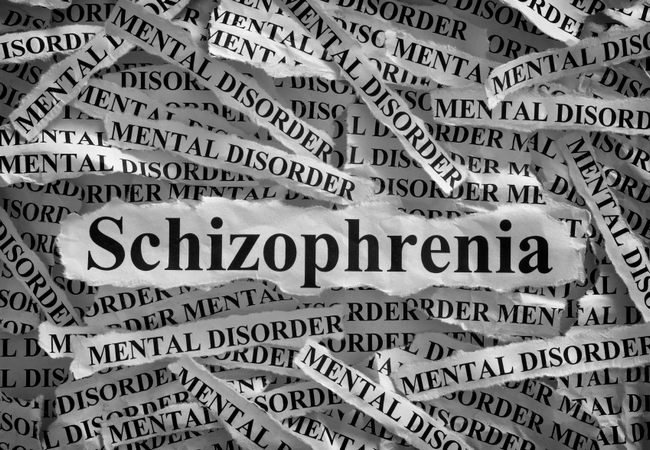Diagnosis and Symptoms of Various Types of Schizophrenia Patient
What is Schizophrenia?
The schizophrenic disorders are characterized in general by fundamental and characteristic distortions of thinking and perception and by inappropriate or blunted effect. The most intimate thoughts, feelings and acts are often felt to be known or shared by others; explanatory delusions may develop, to the effect that natural or supernatural forces are at work to influence the affected individual’s thoughts and actions in ways that are often bizarre.

Diagnosis and Symptoms of Different Types of Schizophrenia Patient:
Causes of Catatonic Schizophrenia:
- Change in the nature of illness.
- Improvements in treatment.
- Past misdiagnosis of organic syndromes with catatonic symptoms.
Clinical Features or Symptoms of Catatonic Schizophrenia:
- Disturbance in voluntary movement: Odd Posture and Rigidity.
- Outburst of excitement followed by depression and stupor.
- Waxy flexibility.
- Catalepsy, psychological pillow.
- Tcholalia – repeats what is said.
- Echopraxia- repeats what is done.
- Ambitendence, mannerism.
- Losening of association- Irrelevant talk.
- (Meaningless word).
- Automatic obedience, stereotypy.
- Negativism, perseveration.
Management of Catatonic Schizophrenia:
- General management of schizophrenia.
- Drug therapy – antipsychotics.
- ECT.
- Psychosocial therapy.
- Cognitive therapy for rehabilitation.
Diagnosis of Paranoid Schizophrenia:
From clinical features:
- Patient lacks trust,
- Extremely suspicious,
- Delusions ofjealousy,
- Hypochondrical,
- Persecution,
- Depressive,
- Grandiosity,
- Ideas of reference,
- Erotomanic,
- Somatic delusions are marked.
- Auditory hallucinations,
- Disturbances of volition, speech and motor behaviour,
- Poor interpersonal relationship,
- Distrustful,
- Withdrawn,
- Argumentative,
- Sarcastic,
- Resentful,
- Disturbances in associations also noticed,
- Mood disturbances.
Management of Paranoid Schizophrenia:
General management of paranoid schizophrenia:
- Drug therapy – antipsychotics,
- ECT,
- Psychosocial therapy,
- Cognitive therapy for rehabilitation.
Diagnosis of Disorganized Schizophrenia:
From clinical features:
- Early, insidious onset between 15-25 years, associated with poor morbid personality.
- Severe disintegration of personality,
- Emotionally person will act indifferently,
- Senseless giggling,
- Silly smile,
- Inappropriate,
- Shallow laughter after little or no provocation,
- Bizarre childlike behaviour,
- Fantasy and fragmentary delusions,
- Tendency to regress,
- Enuresis,
- Encopresis,
- Self-care deficit,
- Masturbates openly,
- Marked thought disturbances,
- Incoherent, severe loosening of associations,
- Social impairment,
- Mirror gazing,
- Grimacing,
- Odd mannerisms,
- Disorganized speech.
Principles of Management of Schizophrenia:
- Develop therapeutic relationship with patient.
- Integrated and multidisciplinary working plan involving both primary and secondary care.
- Give antipsychotic drugs for treatment at lowest therapeutic dose.
- Family support and interventions.
- Regular assessment of changes and needs.
- Maintain therapeutic optimism.
- Provide cognitive behavioral therapy for psycho-social rehabilitation.
More questions related to this article:
- Define schizophrenia.
- What is schizophrenia?
- What do you mean by schizophrenia?
- What is the definition of schizophrenia?
- What are the causes of catatonic schizophrenia?
- Mention the clinical features of catatonic schizophrenia.
- Mention the investigation & management of a case of catatonic schizophrenia.
- How will you diagnose paranoid schizophrenia?
- Mention the investigation & management of a case of paranoid schizophrenia?
- How will you diagnose disorganized schizophrenia?
- Write down the principles in the management of schizophrenia?











